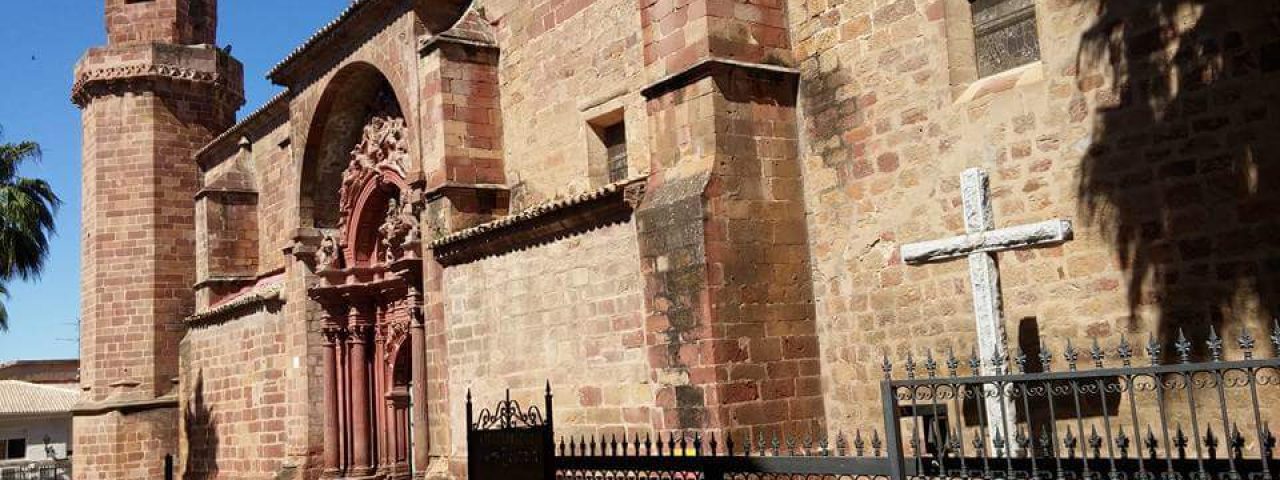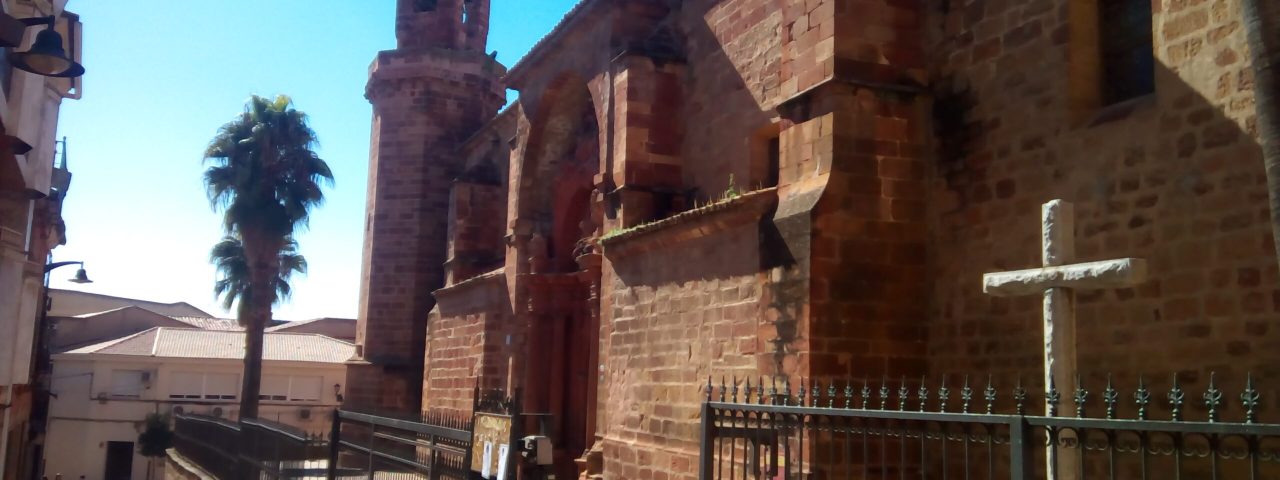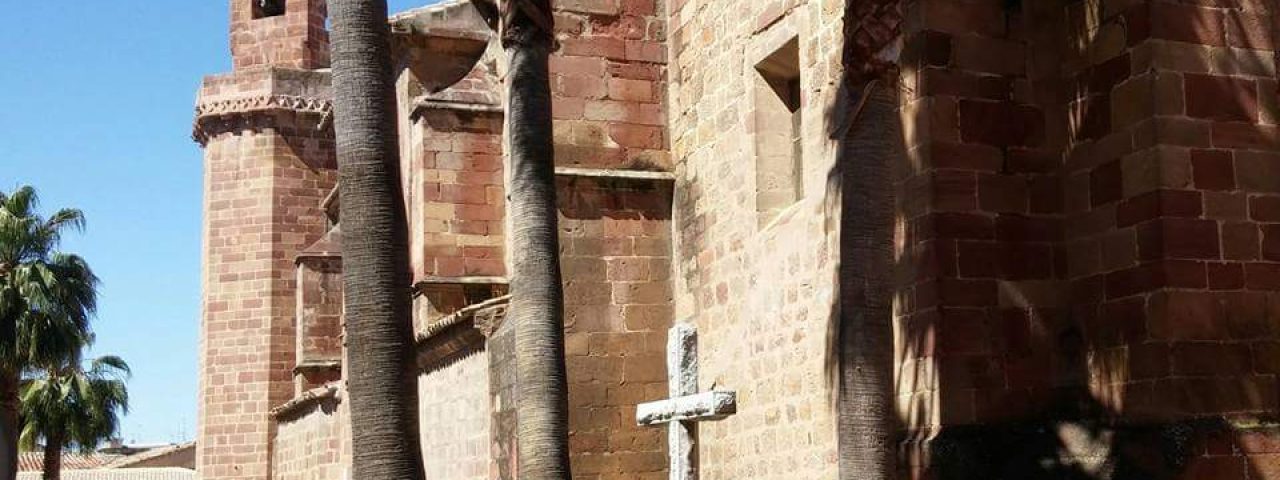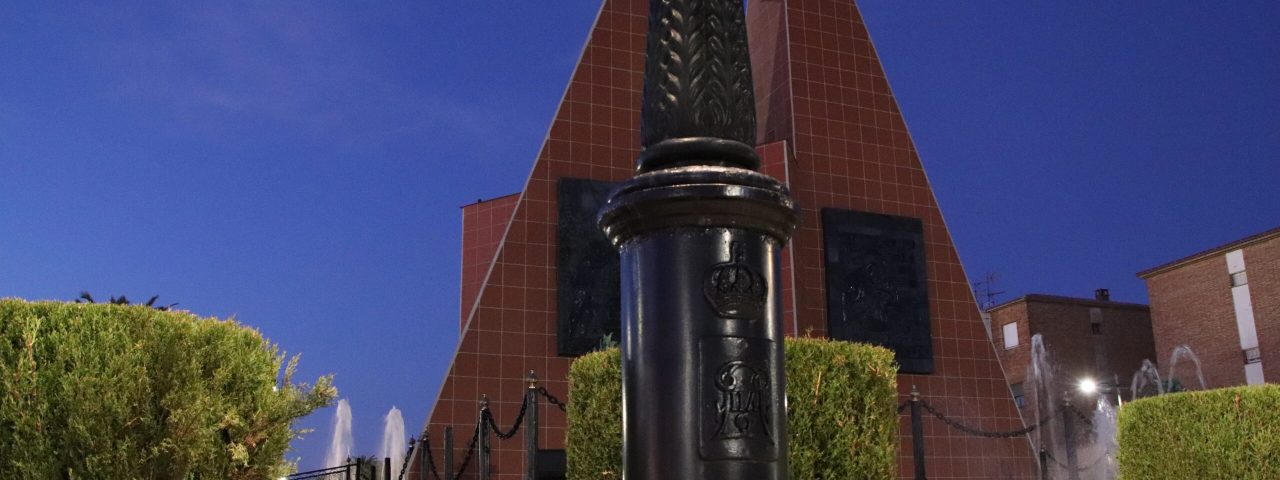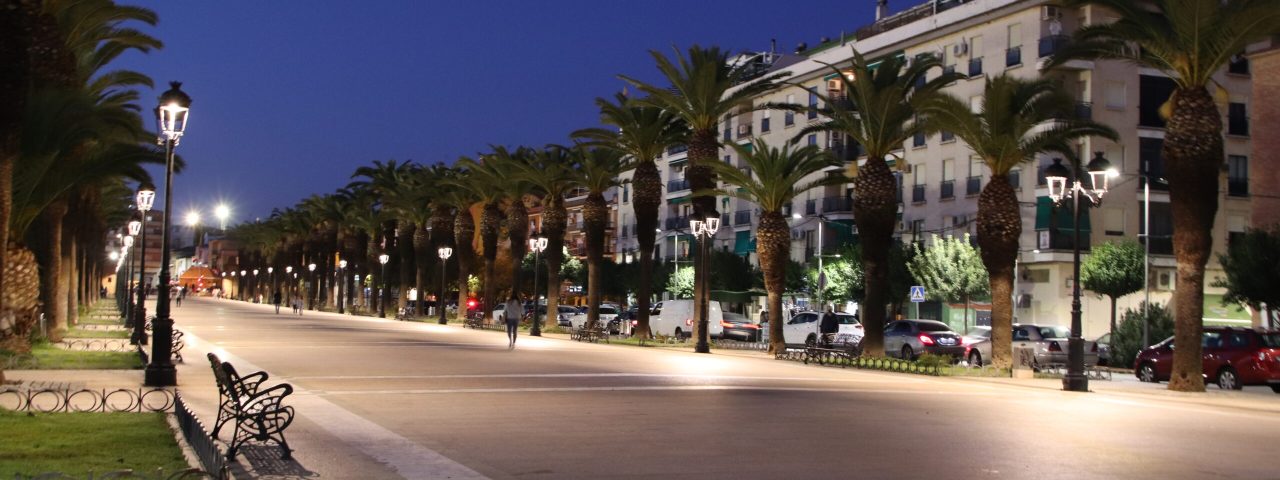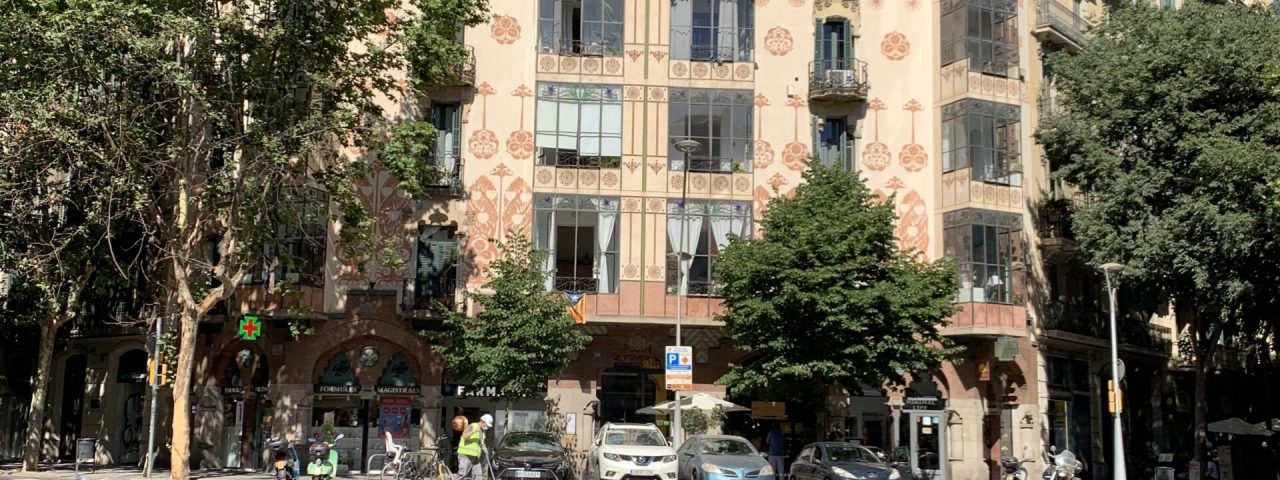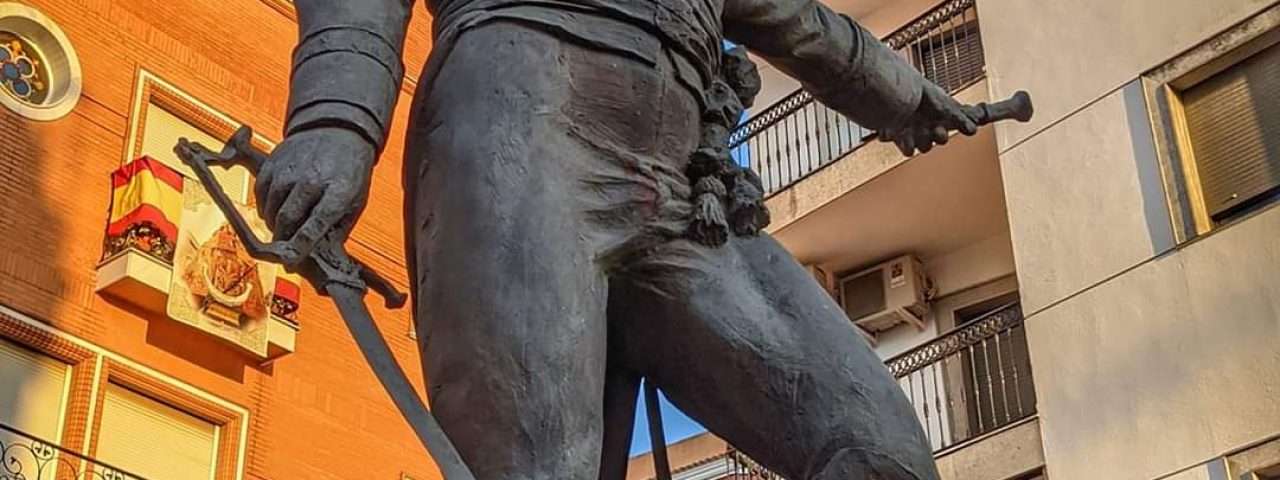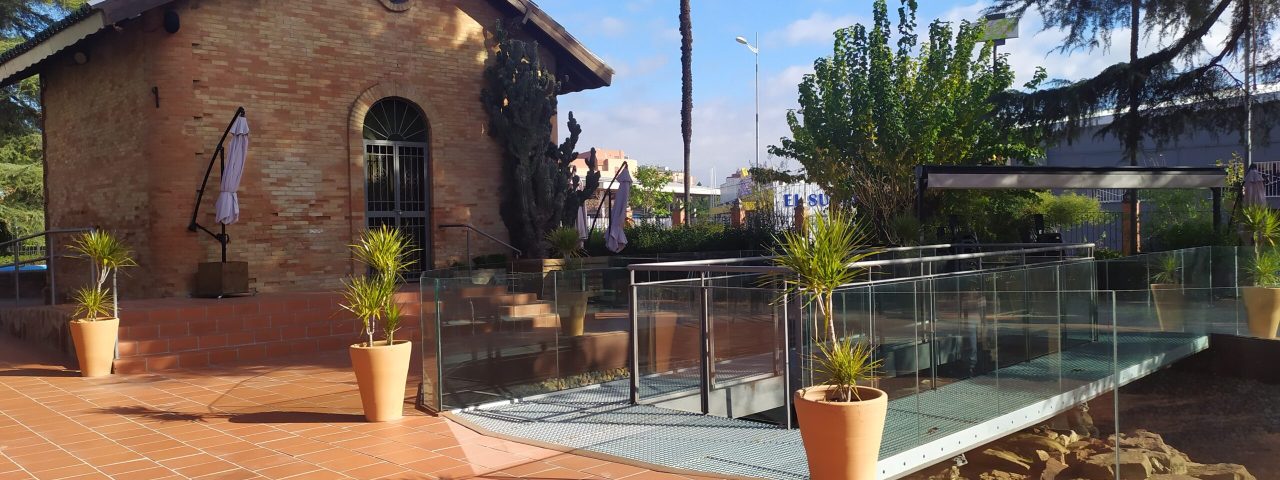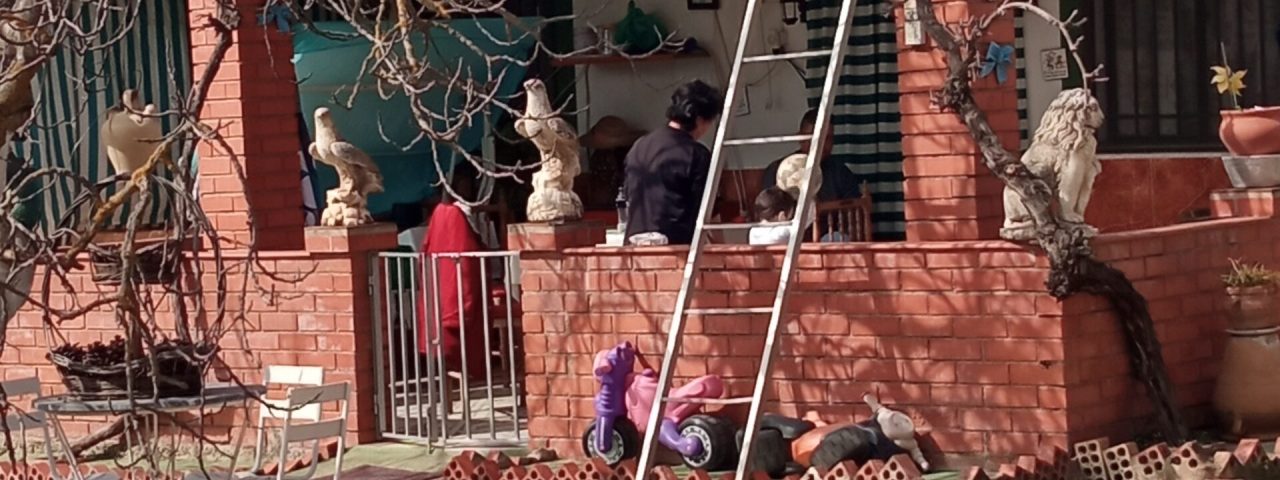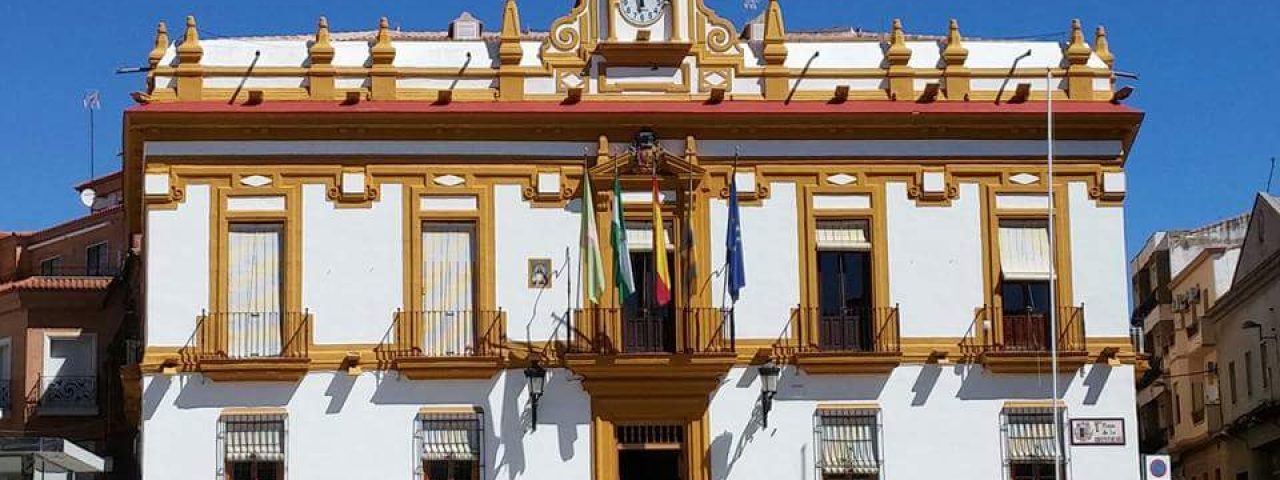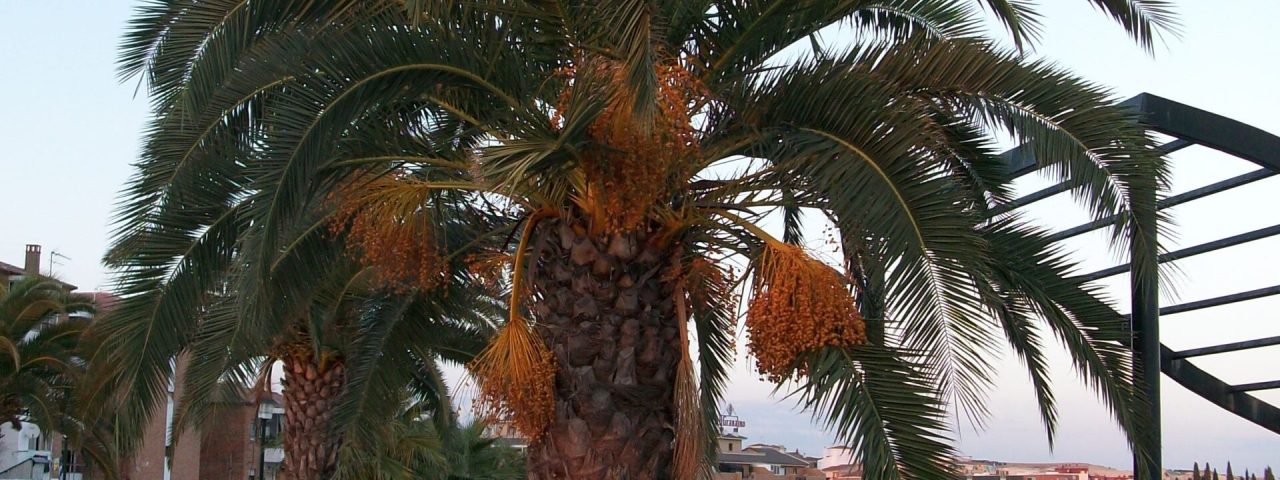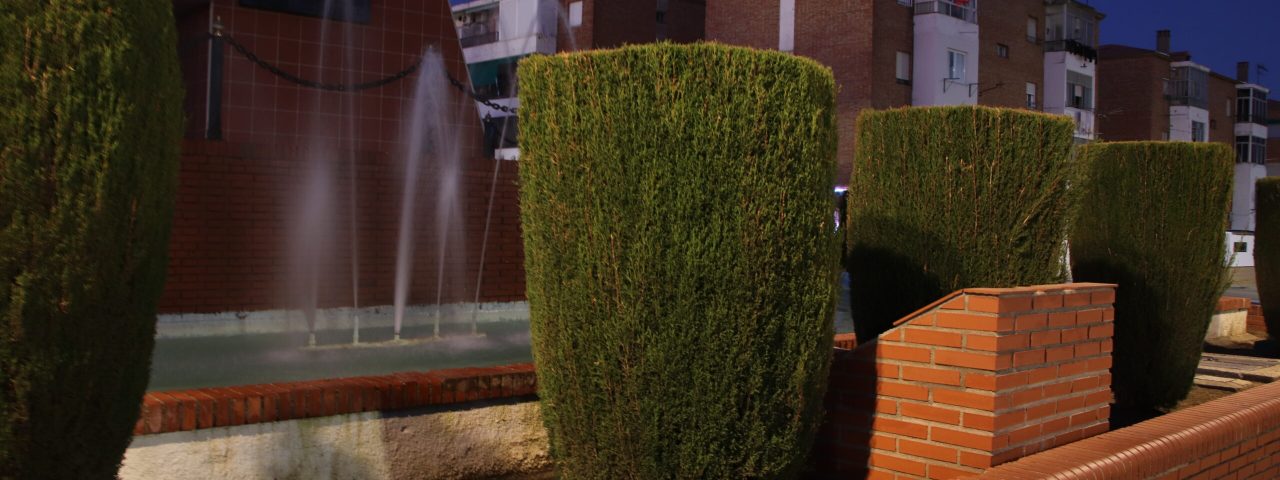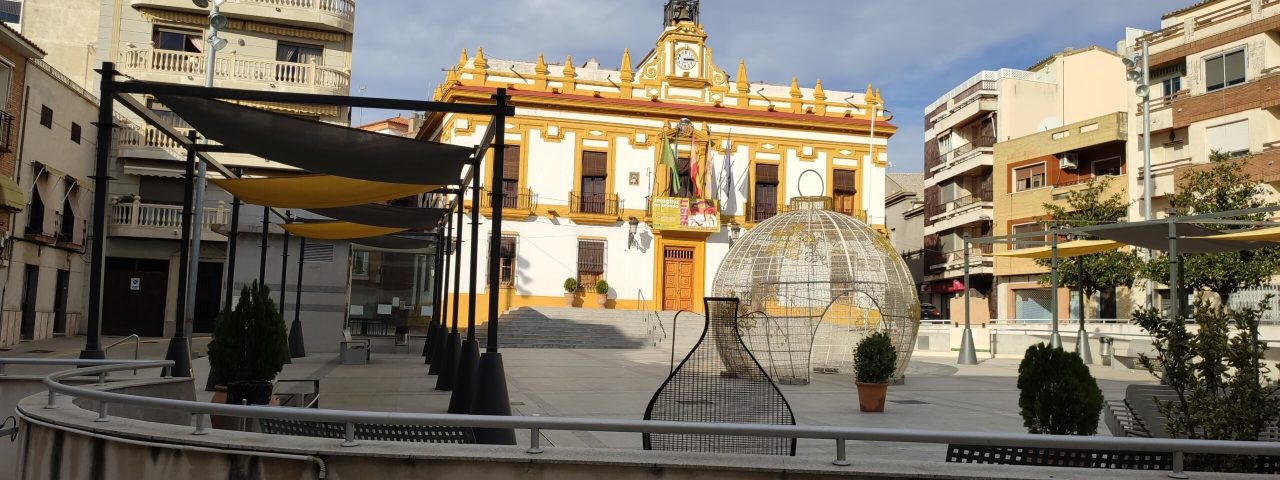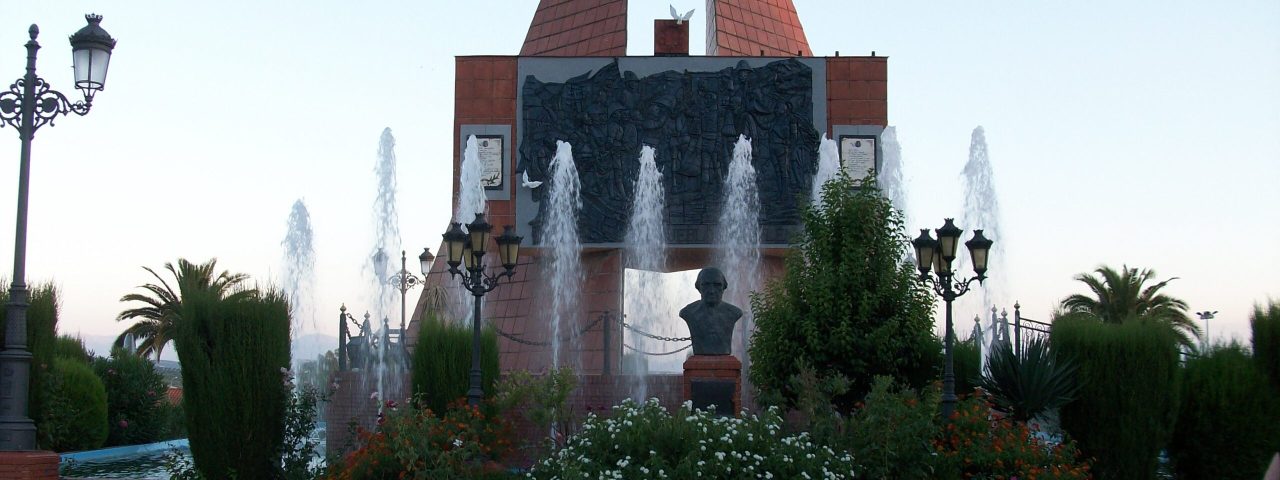Bailén has a rich historical legacy, dating back to Roman times, when it was known as Baecula. The city rose to prominence in the modern era during the Peninsular War in 1808, when it became the site of the famous Battle of Bailén. This battle marked the first major defeat of Napoleon’s French army, a victory that is commemorated in the city’s historical landmarks and annual festivities. Bailén’s connection to this important historical event is celebrated during the reenactments and cultural activities held around the anniversary of the battle each July.
The city’s culture is deeply rooted in Andalusian traditions, with religious festivals such as Semana Santa (Holy Week) and the Feria de Agosto (August Fair) being key cultural events that draw both locals and visitors. The city’s patron saint, the Virgen de Zocueca, is honored every September with processions and celebrations, showcasing the strong sense of community and tradition that characterizes Bailén.
Bailén is also known for its craftsmanship, particularly in pottery, which has been a local industry for centuries. The legacy of its Roman and Moorish past is visible in its architectural landmarks, while its people remain proud of their cultural heritage, passing down traditional dances, music, and artisan skills from generation to generation.
